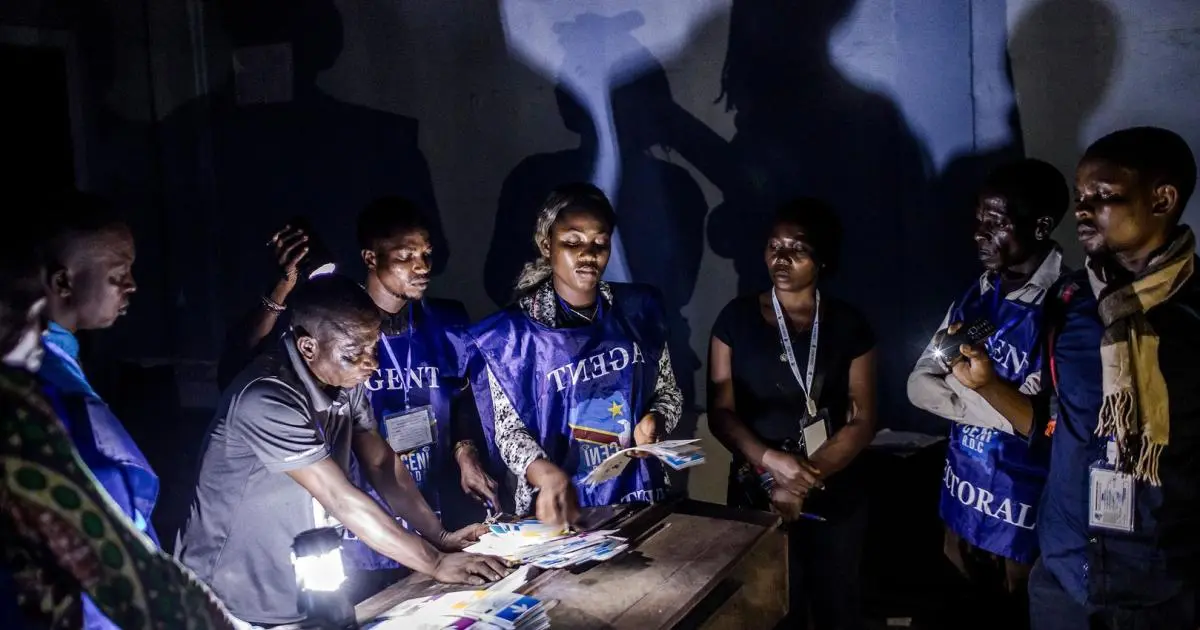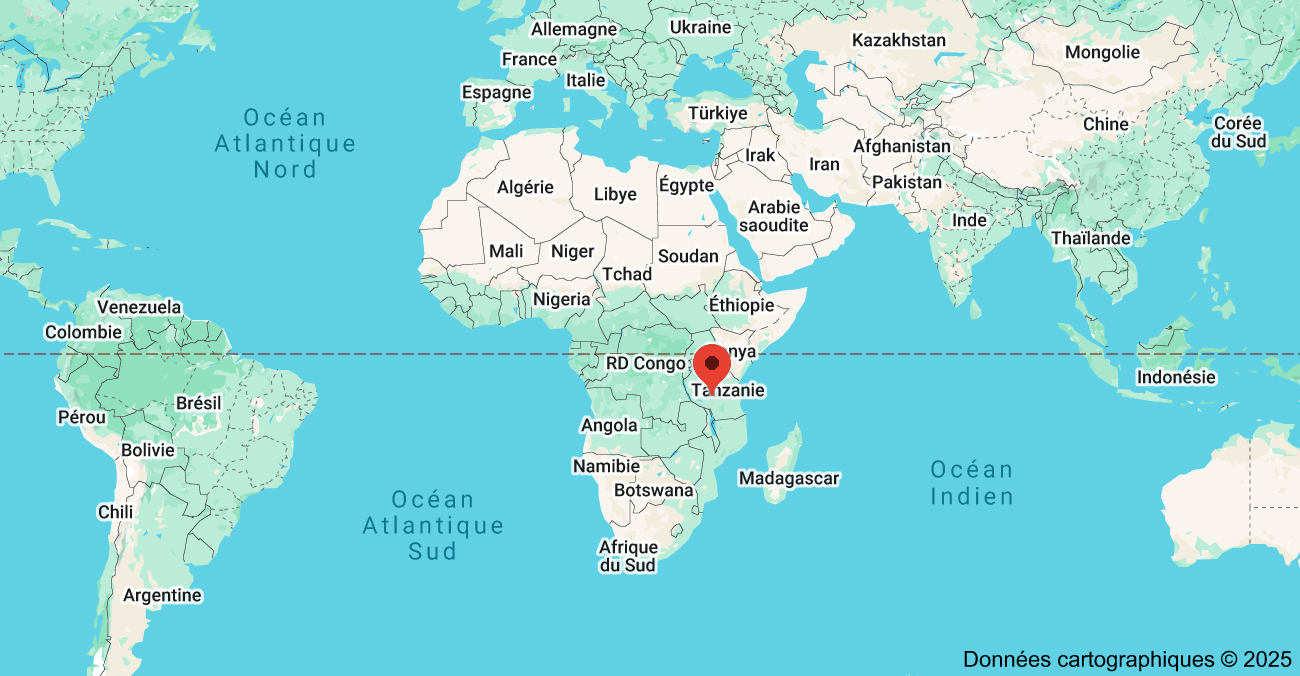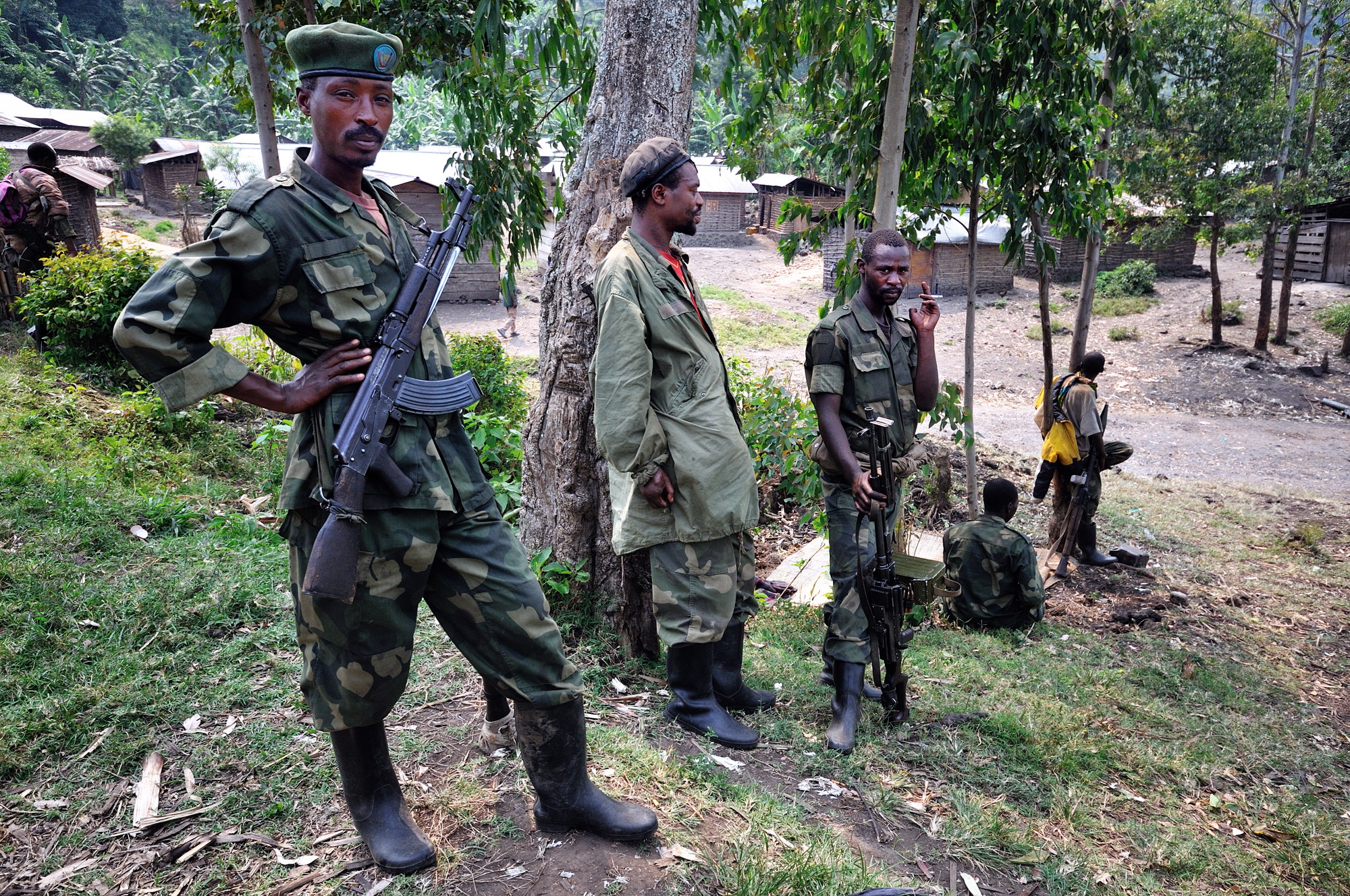Planned oil and gas exploration in the eastern Democratic Republic of Congo could expose more than one million people to pollution and disease, according to a report released by the environmental group Greenpeace Africa.
The planned selling of 30 eastern land blocks that extend into a famous gorilla reserve would also threaten wildlife and food security, while causing conflict, poverty and corruption, according to the report. Residents in the area accuse the government of keeping them in the dark and expressed fear of losing their livelihoods when companies start drilling for fossil fuels. Representatives for Greenpeace Africa and partner organizations visited about 30 villages in July to gauge the community’s awareness of the planned exploration and how they intend to protect their land and livelihoods.
“Many communities” were unaware, so they didn’t know this was underway, which is quite shocking given how much the government has said it plans to really put people ahead of everything else,“ said Mbong Akiy Fokwa Tsafack, head of communication at Greenpeace Africa. This is echoed by Bantu Lukambo from an NGO monitoring the welfare of communities around Virunga National Park, who says that no one asked residents what they thought of the oil and gas drilling project. The government is supposed to have public input before undertaking such exploration, he said, but failed to do so. Even parliament members were not included in the decision-making process, he added.
DRC President Felix Tshisekedi defended his government’s plan while speaking at the United Nations General Assembly last week, saying oil discovery would bring economic development to his people. The oil exploration blocks overlap parts of Congo’s most pristine ecosystems and Virunga Park, which is home to over 1,000 species of animals and birds. The 20-page report from Greenpeace urges the government to halt the projects and encourage alternative investments in renewable energy sources.



